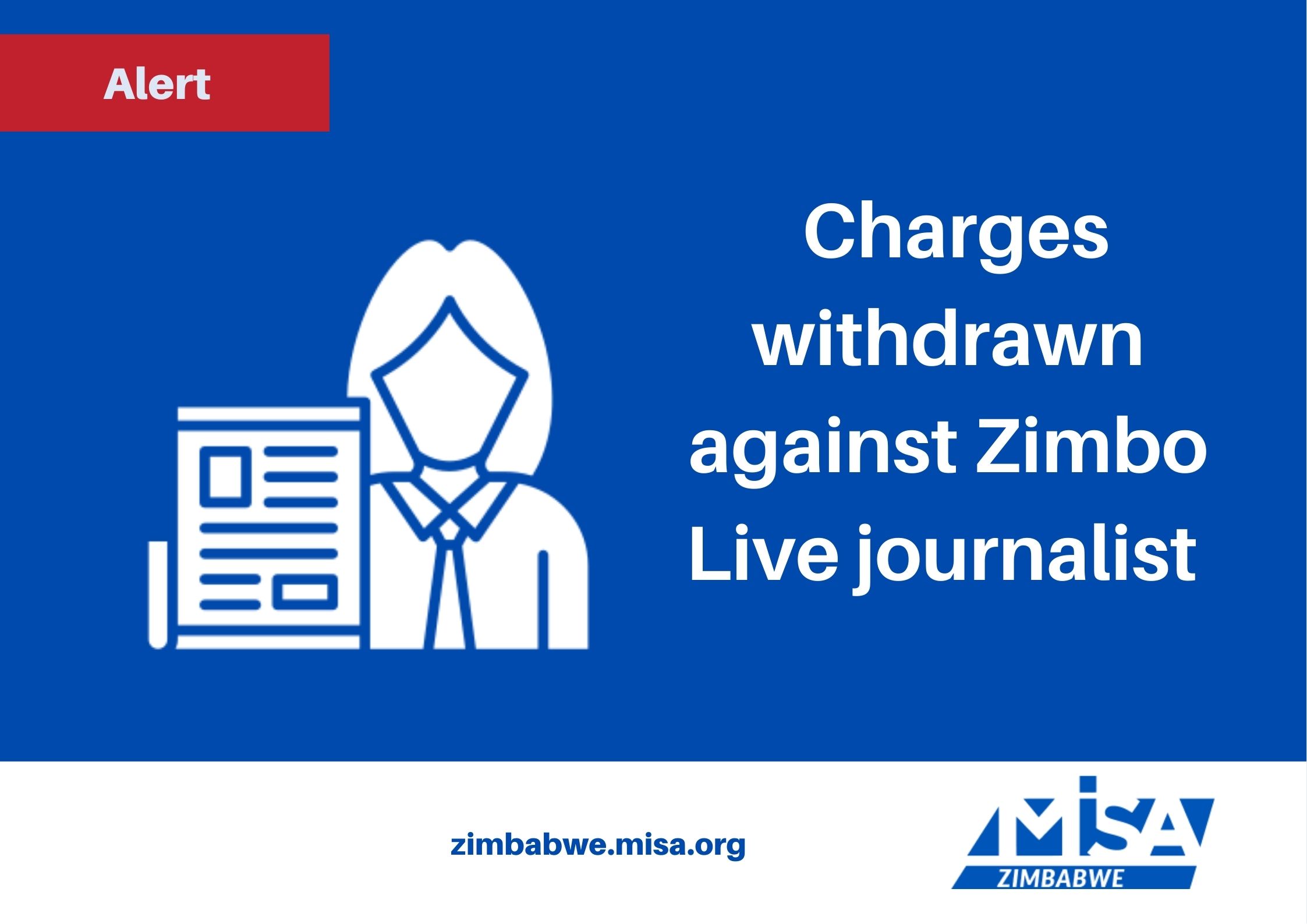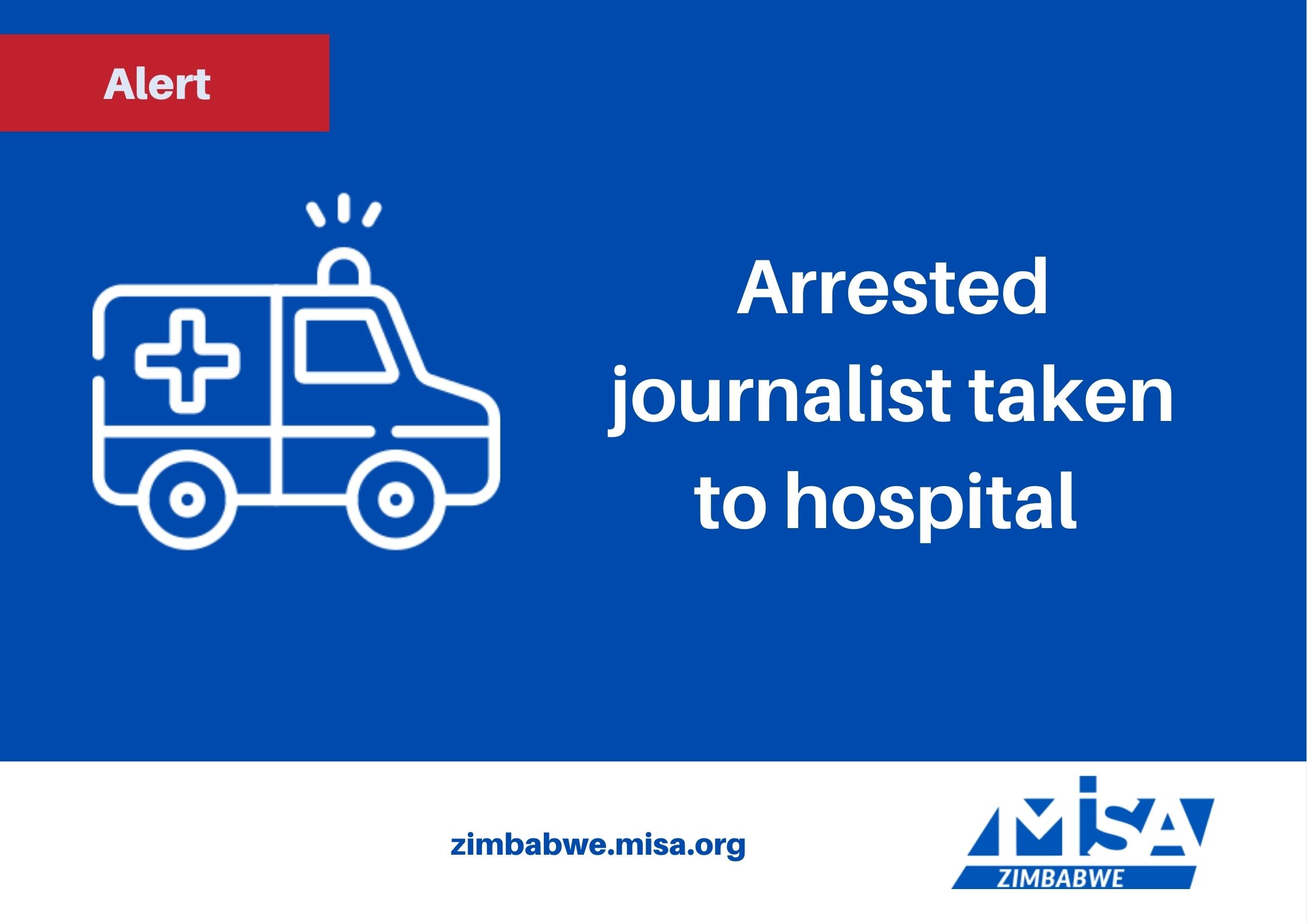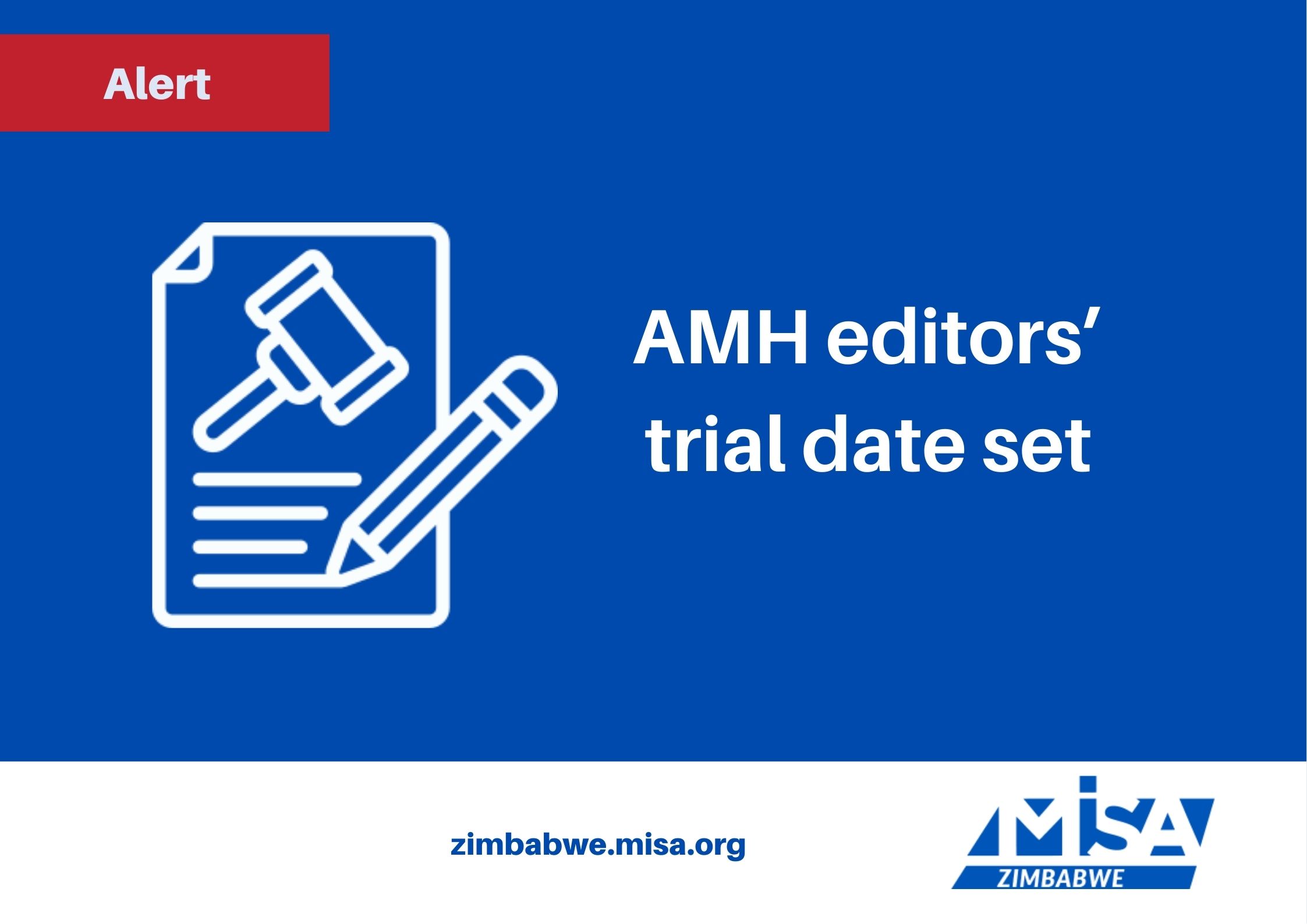Five Southern African Development Community (SADC) countries are scheduled to go for elections in 2019. The five are Botswana, Malawi, Mozambique, Namibia and South Africa. The countries will be holding their elections in May and October respectively.
Of the five countries, Mozambique stands out as democracy gone amok.
Mozambique
President Filipe Nyusi’s crackdown on media freedoms shows that Mozambique poses a serious threat practice of journalism and the enjoyment of free expression in general. The infringements on freedom of expression and media freedoms reached unprecedented levels when journalists Amade Abubacar and Germano Daniel Adriano spent a total of 107 days and 65 days in pre-trial detention respectively.
They were only set free on 23 April 2019, after a judge in the Mozambican city of Pemba granted the duo bail.
Therefore, Mozambique stands out as the most restrictive of the five countries ahead of the elections. This calls for both the continent and international community to keep a close eye on the government of Mozambique. Trends across the continent and in the world show that governments that react with disproportionate behaviour to dissenting voices are highly likely to throttle or shut down the internet when subjected to pressure.
We call upon the Mozambican government to drop charges against Abubacar and Adriano. The lack of a legitimate hearing for both journalists indicates the absence of any substantial charges against either journalist.
South Africa
Though the environment is generally calm in the country ahead of the elections in May, threats on the media and freedom of expression are mainly coming from political parties who disapprove of the reportage they deem harmful to their political aspirations. By extension, the media is increasingly under pressure from political party supporters or citizens allegedly being incited by their political leaders.
On 18 March 2019, the leader of the Economic Freedom Fighters (EFF), Julius Malema tweeted accusing ENCA TV of pushing a white supremacy agenda. The remarks were deemed inflammatory by the South Africa National Editors Forum (SANEF) and said to endanger the well-being of journalists. On the 3rd of April, the ruling African National Congress (ANC) party’s Deputy Secretary General, Jessie Duarte, verbally attacked the ENCA TV journalist, Samkele Maseko, after he asked questions she considered disrespectful, among other cases.
Botswana
Within and without Africa, Botswana stands out as one of the bright bulbs of democracy and a doyen in promoting freedom of expression and the press. Yet it is in the process of pushing for laws without enough consultative processes with the media stakeholders.
Botswana’s Minister of Communications, Pelonomi Venson, recently announced that she will be presenting the controversial Mass Media Bill to parliament. The proposed law has been rejected by Batswana media practitioners because they feel there was no extensive consultation with all stakeholders.
Our counterparts at MISA Botswana, argue that the law, in the current state does not in anyways pass the democratic test and that the Minister is ducking the consultative processes. There have been improvements though from the previous administration under the leadership of President Ian Khama. President Mokgweetsi Masis and his government officials now hold regular press conferences to address the media
Malawi
In Malawi, media freedom is under threat through state entities refusals or reluctance to adhere to the law. The State media, Malawi Broadcasting Services, is biased in favour of the ruling Democratic Progressive Party, led by President Peter Mutharika. The broadcaster, in defiance of electoral laws, has declined airing opposition parties Malawi Congress Party and UTM.
Namibia
The country is generally viewed as one of the few fair and free media environments in the country and in Southern Africa. It came first in Africa, on the Reporters Without Borders 2019 ranking and 23rd out of the 180 countries. However, the country is still to pass an access to information law that will guarantee the citizens and the media the right to gain access to information held by the state for informed decision making.
In this regard, The Namibia Central Intelligence Services attempted to gag The Patriot on reporting on corruption arguing that the report would compromise state security. This was dismissed by the courts and the secret service appealed, however the decision for the newspaper to publish was upheld in April 2019.
MISA Zimbabwe thus demands that the following minimum conditions be met before the elections are held in the five SADC countries:
- AU/SADC should insist that the respective Governments of Botswana, Malawi, Mozambique, Namibia and South Africa guarantee that journalists covering the election stories are allowed to conduct their lawful professional duties without hindrance as it is their constitutionally guaranteed right to media freedom.
- The respective governments should order the police to firmly deal with these wanton acts of lawlessness which pose a great risk to the lives of journalists, media workers as well as their families.
- Leaders of political parties should educate their supporters that their actions constitute a serious violation of journalists’ constitutional right to media freedom and citizens’ right to freedom of expression and access to information.
- Political leaders should guard against making inflammatory statements that incite and excite their supporters to take the law into their own hands (against journalists) thus tarnishing the images of their respective parties and that of their countries.
- AU/SADC should insist that electoral bodies enforce the SADC Principles on the Conduct of Democratic Elections where it pertains to political parties and citizens’ equal and equitable access to the state media.
- SADC should insist that authorities comply with the need to securing the editorial independence and impartiality of the state media in the respective countries.
- Newspapers should be allowed to be circulated and freely distributed throughout the respective countries as they play a critical role in citizens’ right to access information that will help them in making informed decisions and choices in the elections.
- The internet should be protected from wanton throttling or shutdown, as it provides critical information for citizens and the media to make informed decisions during and after elections
MISA Zimbabwe is a member of the Multi-stakeholder Co-ordinating Team of the Southern African Development Community Internet Governance Forum (SAIGF)
Regional Solidarity Statement issued by:
Golden Maunganidze
Chairperson
MISA Zimbabwe
84 McChlery Drive, Eastlea
Harare, Zimbabwe
Telephone: +263 4 776165/746838
Email: misa@misazim.co.zw
Twitter:@misazimbabwe
Facebook: MISA Zimbabwe













